When a Cactus Meets a Rose – Why Autistic/Neurotypical Friendships Often Fail (And How to Prevent It)
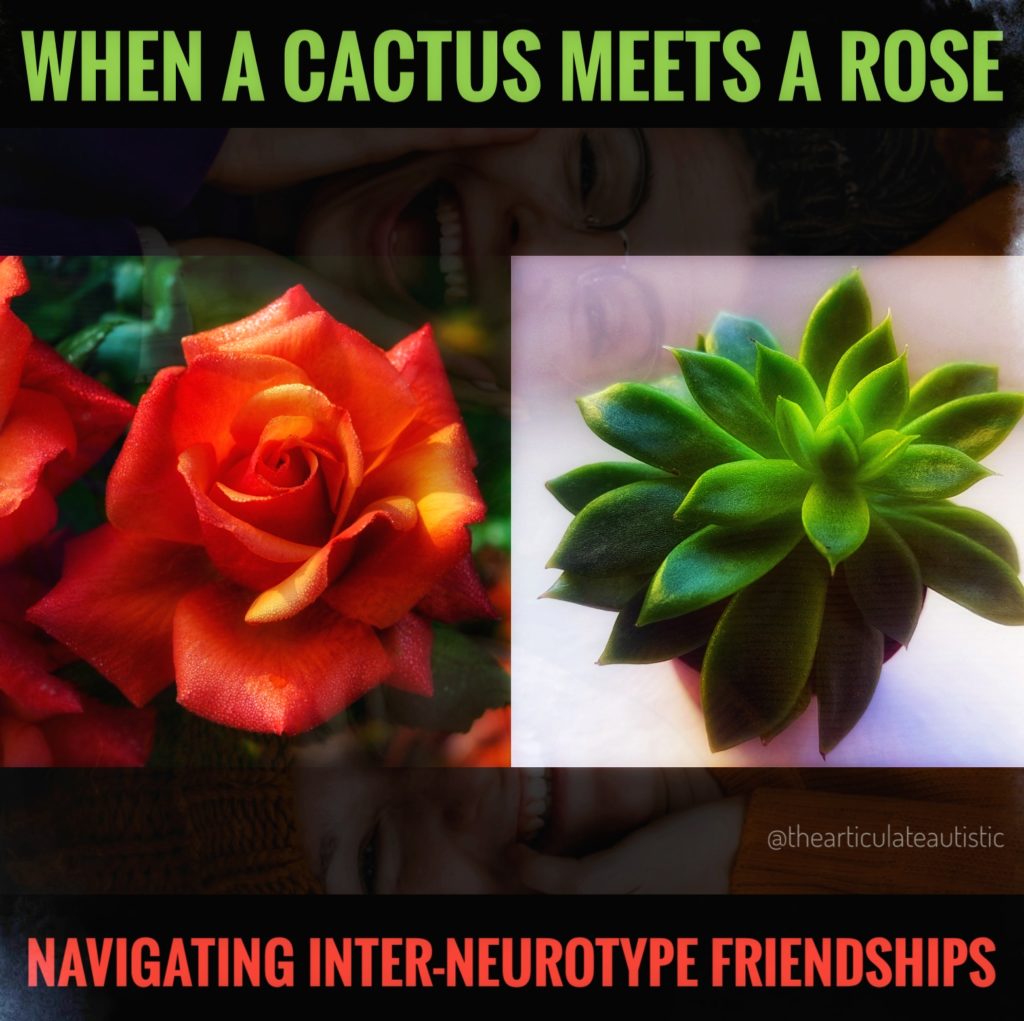
Sometimes, when I’m scrolling through autistic social media, I’ll come upon something so brilliant, something that so perfectly explains the neurodivergent experience, that I get really excited, screenshot it, contact the person, and (figuratively) jump up and down about how I want to write about it and would that be OK?
Well, it happened again. A neurodivergent Twitter user who goes by Koshtistic coined a term called “Friendship Degradation Mechanics”, and, oh my word, did I relate (as did many others, if you look at the original thread, it’s gotten a ton of positive feedback)!
Thankfully, he was quick to respond and let me run with it! Yay!
“Like my friendship degradation mechanics are just straight-up broken, I can go YEARS without hearing from someone at all and still feeling exactly the same level of familiarity about them, but they don’t because friendship degrades if you don’t take care of it.”
Friendship Degradation Mechanics
So, what exactly is “Friendship Degradation Mechanics”? This is actually something I did a video on quite a while ago, but I don’t think I articulated this phenomenon as well as I could have.
Let’s take a look at this in terms of plants:
Neurotypical Friendships are Like Roses
From what I understand, neurotypical friendships are like roses. Delicate, beautiful, and strong, but in need of regular, thoughtful maintenance.
Autistic Friendships are Like Cacti
Autistic friendships, however, are more like a cactus. Strong, solid, and virtually unchanging. And, like most cacti, our friendships may need checking in and connection once in a while, but we could also leave it for a year and not do any damage to it whatsoever.
Now, when you get a rose-type and a cactus-type trying to be friends, you’re going to run into some problems. The rose friendship, by its very nature, needs regular care and maintenance. The cactus friendship, however, doesn’t need nearly as much.
What ends up happening in an inter-neurotype friendship where neither understands the other’s friendship style, the beauty and strength of the rose wilt away while the cactus stands strong and steady but utterly oblivious. For the cactus, nothing has changed, for the rose, it’s dead (the friendship, not the person).
Understanding the Cactus-Type (Autistic) Style of Friendship
I’ll talk about myself for this example. I am definitely a cactus-type, but I never knew that I was surrounded by rose-types, so I lost friendships, relationships, jobs, etc., left, right, and center, and I never had any idea why.
As a cactus-type, once I establish a friendship and a rapport with someone, that bond is solid and unbreakable unless one or both parties decide to formally end the friendship.
Once that bond is established, part of me is now dedicated to you, your health, your well-being, your happiness, your success, etc. That bond is like a cord that connects us both on an energetic, empathic level. You become a part of me, too.
And, because of that empathic bond that feeds into our friendship without either one of us having to say a word, that’s what maintains it.

The problem with this is that if you’re a rose-type, you’re not feeling that energy from me on an empathic level at all!
That’s where the disconnect has always been for me. It took me decades to realize that, for rose-types (which are a large majority of you) there is a need for physical gestures of caring and maintenance in order to keep those bonds strong.
Rose-types need and expect regular phone calls, texts, conversations, and/or time spent together doing bonding activities and catching up. If a cactus-type is friends with a rose-type and doesn’t contact them for a month, the rose-type assumes the friendship is over. They often also feel as though they’ve done something wrong. They’re offended and hurt, but since neurotypicals are not as blunt as autistics, they might not come right out and say, “Hey, what the hell? Why are you ignoring me?”
So, we cactus-types go along with our days, weeks, months, or even years never suspecting there’s a problem until one day, we feel in our guts that your energy is no longer connected to ours, and it’s been a while since we’ve heard from you, so, we reach out.
We either get told off or ignored, and, that’s it, another friendship is “mysteriously” over.
Out of Sight, Out of Mind
Just about everything in this world for me is “out of sight, out of mind”. I can literally forget you exist for short periods of time if you don’t reach out to me. I know that sounds horrible and like I don’t care, but that’s not true. It has nothing to do with how I feel, it’s literally how my brain is wired.
My heart doesn’t forget you, but my brain sure as heck does. And, for that, I’m sorry. I never mean to hurt anyone’s feelings or make them feel neglected. It’s just that, as a cactus-type, I don’t need that much friendship maintenance at all, and, even if I try desperately to remember that I’m friends with a rose-type, my brain will not let me remember to contact you first.
Time Moves Differently for Me
I did an article on this a while back about how I believe autistic people experience time differently than neurotypicals, and I stand by this.
Not only are things out of sight, out of mind for me, I also don’t have a neurotypical concept of time. I could tell you something happened months ago when it only happened days ago and vice versa.
Because of that, I never have a clear distinction of how long it’s been since I’ve seen or talked with someone. I could feel as though I only talked to you or saw you a couple of weeks ago when six months have actually gone by!
That connection from the last time we saw or spoke to each other stays with me so much longer than it seems to for neurotypical people, which is why I had to learn about friendship maintenance like a person would have to learn math or social studies. I had to read about it!
Can Rose-Types and Cactus-Types Ever Be Friends?
So, now that you know all this, you may find yourself wondering if rose-types and cactus-types can ever really have lasting friendships.
I truly think they can, but that’s where meeting in the middle is important.
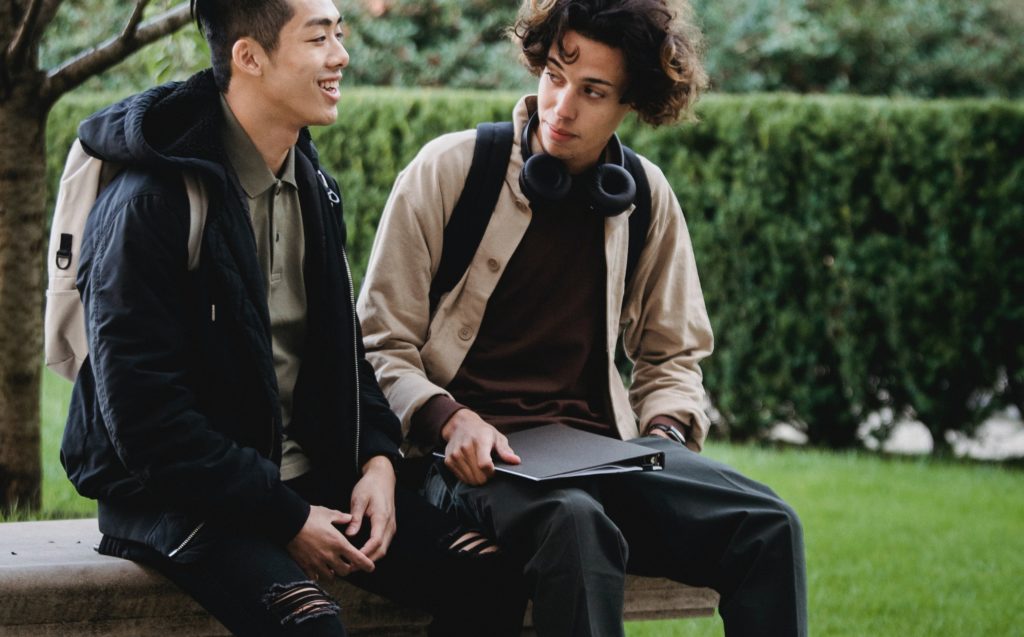
Here’s what both types can do to maintain an inter-neurotype friendship:
Roses
- Don’t take it personally
I know this is a tough one, but if you don’t hear from us for weeks or months at a time, please know that we’re probably not even aware that that much time has gone by. It’s not a slight against you, our brains just operate differently.
- Reach out to us
Haven’t heard from us in a while? Reach out to us! Many of us dislike phone calls, so try sending a funny video or meme, or just drop a line in our inbox.
- Understand that space is love
For cactus-types, giving you space is actually how we show love. We know you’re busy and have a lot on your plate, so, because we see space as love, we’ll give it to you to show you that we care and value your life and time outside of our friendship.
- Be honest and upfront
Always be honest and upfront about your needs, wants, and feelings. If your cactus-type friend has upset you, explain what happened, why, and what you could do together to fix it.
Cacti
- Be aware of and explain your triggers
As an autistic person, I need routine to flourish and thrive. Without it, my life is untethered and makes little sense to me, and that can cause instant anxiety and confusion. That’s why I’m not comfortable with someone just showing up at my door, and I rarely pick up the phone when it rings because I have to prepare myself for social interaction before I can engage in it. If this sounds like you, tell your friend that sudden, unplanned communication will cause you to shut down, but it’s not a reflection on your friendship or connection with them.
- Pencil in friendship maintenance
Again, it may seem like I don’t care if I have to actually remind myself to talk to someone, but with my brain wired the way it is, I do. I need to remind myself of just about everything, and this is no exception. If you’re friends with a rose-type, try making a “date” to talk to each other once a week or so on a certain day.

- Understand that connection is love
Cacti, if you’re friends with a rose-type, reaching out regularly is essential to maintaining that friendship. Remind yourself to share a photo, tag them in a social media post you know they’d like, or send them a recipe or a link to a new book they might be interested in. You may not want to call and just “shoot the breeze”, but these actions show you’re thinking of them, and they will appreciate that.
- Be clear about your boundaries
A lot of us autistic folks mask regularly. We do it as a survival tactic, not as a way to trick anyone. Masking to fit in with neurotypical people will often cause us to neglect our own boundaries and “put up with” socializing and communication that is not suited for us. Be clear about your boundaries to your rose-type friend. Can’t hang out more than once a month? Let them know! Can’t chat on the phone for longer than half an hour without becoming exhausted? Let them know! Use that nature-given bluntness to your advantage.
Both
You may have heard about love languages in your travels across the web, and I really like this concept. I think it works for both romantic relationships and friendships regardless of neurotype. Knowing someone’s love language can help you to show them that you care in a way their hearts and minds are most receptive to.
There are 5 love languages:
- Physical touch
- Gifts
- Praise
- Acts of service
- Spending quality time together
My primary love language is physical touch, so I’m definitely a hugger. My secondary would have to be gifts followed by acts of service. Praise and spending quality time together are not my strong suits.
If I was friends with someone for whom togetherness was their primary love language, the friendship would not last because we would not be compatible.
And not being compatible is OK. It’s better to walk away than hurt each other in a friendship that will ultimately not work out in the long run.
To learn your love language, click on the image below!
The Takeaway
When a rose-type and a cactus-type try to be friends, it often starts out great and then either fizzles out or ends with a blowout. This is because we have different needs and often misunderstand each other, but it’s not because either doesn’t care about the other. Learning more about each other, your communication styles, your needs, boundaries, and deal-breakers while always being honest and knowing each other’s love language can go a long way in creating a truly beautiful and mutually beneficial inter-neurotype friendship.
Books for Better Understanding the Autistic Brain
(Whether you’re an autistic person who is newly diagnosed, or you have a loved one on the spectrum, the books below can help you better understand the autistic brain.)
Want downloadable, PDF-format copies of these blog posts to print and use with your loved ones or small class? Click here to become a Patreon supporter!


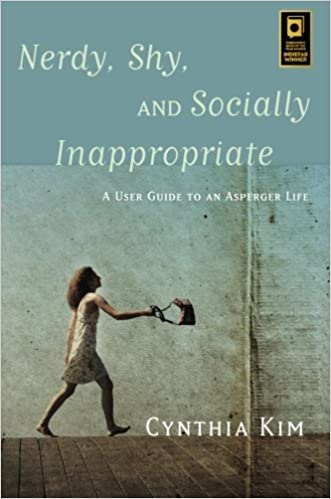

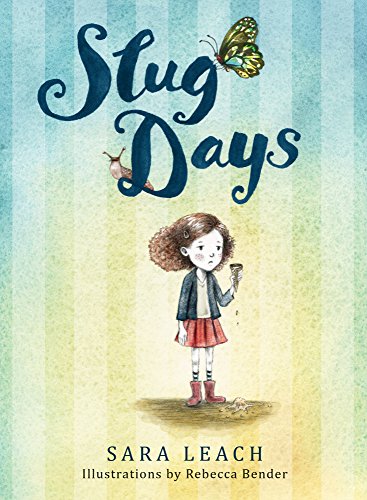
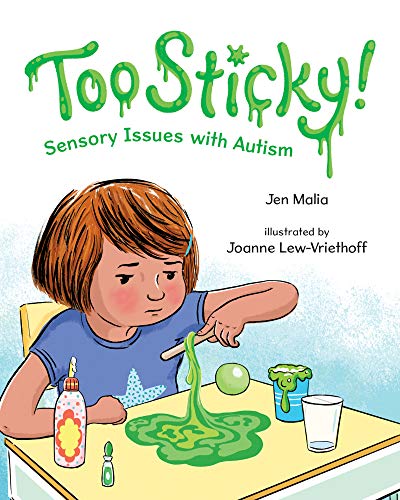
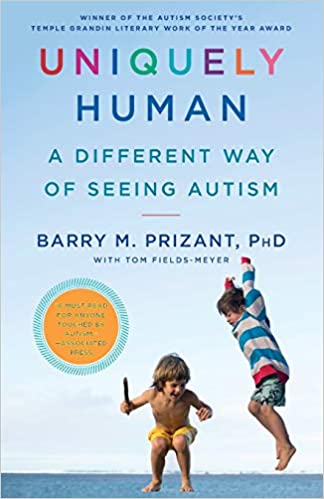



This is why my friends care so much about us facetiming through lockdown… and why that person was shocked when he asked me if I’d contacted them and I said I forgot they existed… thank you for explaining, oh dear, I’m really going to need to check in on the rose friends.
Thank you so much for sharing this! It’s so hard to admit that we actually forget people exist. It sounds so horrible, but it’s just the way our brains are!
This article really resonates with me. I never thought of it like this, but all you analogies are spot on. Thank you.
I do love a good analogy. Thank you for your comment. 🙂
This article resonated with me. However, the image is of a rose and a succulent, not a cactus.
https://www.thespruce.com/difference-between-cacti-and-succulents-3976741
I know.
I have been working on explaining this concept without really knowing how for AGES. Telling people that trying to reach out first to everyone gives me previous l panic attacks. How much guilt I feel that I don’t do enough and rarely reach out first unless something specifically makes me think of them. That I can’t handle small talk often or long, least of all every day.
Some friends reassure me that because I’ll almost always make time when they need me, and how caring I am when I do, they don’t tell as bad about the situation as they would if a rose friend did the same thing to them. I didn’t realize that was us understanding each other’s differences and accepting them and often felt like I still upset them.
I have to send this to so many people, because like you I forget people exist sometimes, especially when I’m not hanging in public chat channels in servers as much (which made it easy for rose types to just drop in). And to explain to people why I can’t keep up with them and need alone time. I cherish my escapism and quiet to process, and bring asked how I am by 5-10 people a day for no reason reason gave me so much anxiety and I felt so broken. They are just friends who want contact, love, maintaining the bond. But to me it’s intrusive after a bit, and makes me honestly think about how I am when I’m trying not to do I can get in a good headspace.
I’m short, thank you for this, another tool for me to give people, hopefully it’ll help my rose friends feel less hurt.
This is beautifully written. I thank you for sharing this awesome insight! I needed to read this!
I think when your an adhd/autistic it’s defentily a whole different thing then this.
The cactus versus rose theory: I’m not sure I buy that as a purely neurotypical versus atypical thing. I consider myself pretty typical but I definitely am more of a cactus. I’d like to see evidence of actual research with statistically significant results.
I’m neurospicy, but not autistic (synesthesia), and I’m friends with someone on the spectrum. I cherish her friendship, and I came so close to writing her off due to perceived slights.
I decided to ask my FB friends if anyone on the spectrum would be willing to do some emotional labor for me, and one of them had a lovely text chat with me, explained a lot, and pointed me in your direction. I’m so glad he did!
I feel like my friend and I will be able to get to know each other even better now. She’s worth it. I’m worth it. Our friendship is worth it. Thank you so much! I’ve read a bunch of your articles, and my friend and I are making a friend-date to reestablish our bond and hopefully even deepen our bond! Thank you thank you thank you!!!